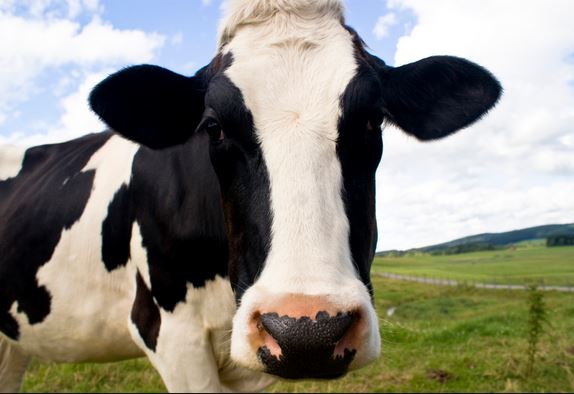Britain’s food and farming sector have made demands to the government over the ability to continue recruiting enough staff from the EU after Brexit.
Over 100 organisations in the industry signed a manifesto which was sent to Prime Minister Theresa May.
The farming sector relies on agricultural labour which is typically short-term and cyclical.
Food and farming businesses are urging the government to publish a white paper with immigration plans.
 “The government should publish an Immigration White Paper as a matter of priority. This must acknowledge that food and drink is a critical part of national infrastructure and set out a future immigration policy (post-transition) that prevents workforce shortages in food and drink businesses,” the Food Supply Chain Manifesto For a Successful Brexit said.
“The government should publish an Immigration White Paper as a matter of priority. This must acknowledge that food and drink is a critical part of national infrastructure and set out a future immigration policy (post-transition) that prevents workforce shortages in food and drink businesses,” the Food Supply Chain Manifesto For a Successful Brexit said.
It said that it is vital the government “ensures a continuing, adequate supply of permanent and seasonal labour” for the sector before and after Brexit – when the UK leaves the EU in March 2019.
The manifesto calls for government policy that seeks to “maintain the permanent labour” on which some sectors rely. A simple, “low-cost registration” system should be used to provide settled status for current EU workers, as well as a registration system for workers who arrive during transition.
A spokesperson for the government said that the sector should continue to be able to recruit from the EU until December 2020.
According to the BBC, a government spokesperson said in response to the manifesto:
“We have been clear that up until December 2020, employers in the agricultural and food processing sectors will be free to recruit EU citizens to fill vacancies and those arriving to work will be able to stay in the UK afterwards.
“We are determined to get the best deal for the UK in our EU negotiations, not least for our world-leading food and farming industry which is a key part of our economic success.”
